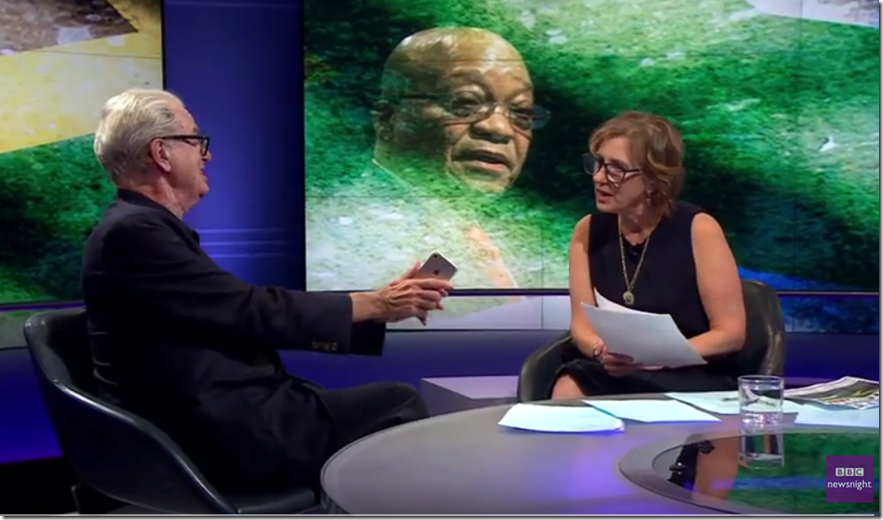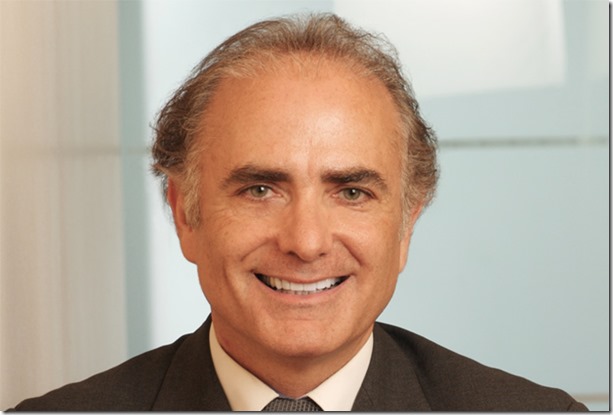Harry Reid: Why Should I Help Children With Cancer?
National polling makes clear that the Republican Party—and House Republicans, in particular—are getting the majority of blame for the government shutdown.
More pundits than not agree that Republicans are in a precarious political position. The consensus of the mainstream media and much of the public is that Democrats are far likelier to “win” the political stare down between the two parties.
Assuming, for a moment, that all of that is true, Democrats have to be careful not to overplay their hand or commit the types of tone-deaf gaffes that can begin to turn the political narrative.
Enter Senate Majority Leader Harry Reid (D-NV), who was asked a straightforward question earlier this afternoon about Republican efforts to restore specific programs one at a time. One such proposal would restore funding to the National Institutes of Health (NIH), which has halted new clinical trials.
CNN’s Dana Bash: “If you can help one child who has cancer, why wouldn’t you do it?”
Harry Reid: “Why would we want to do that? I have 1,100 people at Nellis Air Force Base that are sitting home. They have a few problems of their own.”
Let’s give Mr. Reid the benefit of the doubt here, that the “that” in his response referred to accepting a piecemeal approach to reopening government, not children with cancer.
Whether you accept that explanation or not, the bottom line remains the same. Reid’s answer should have been a slam dunk—and it would have been, had he remembered a critical communications maxim: always align your response with the victims. He should have said something such as:
“Hearing these stories about children with cancer going untreated is infuriating—and that’s exactly why we keep saying we need to end this shutdown now. And it’s not just kids with cancer who are suffering: there are many single mothers who don’t know how to feed their kids without the WIC program, there are adults who are being denied critical medical care, and there are many families who are fearing what life means for them without a paycheck. The moment the House speaker puts a clean continuing resolution on the floor without gimmicks, we will pass it.”
Instead, Reid’s answer evoked memories of Michael Dukakis’s heartlessness when he was asked during a 1988 presidential debate whether he would support the death penalty if his wife was raped and murdered. (“No I don’t, Bernard,” he responded without a hint of emotion.)
Reid’s sound bite is unlikely to turn the political tide, even if it generates a lot of chatter on cable news and social media. But during such a high-stakes moment, politicians on both sides should take particular care to avoid committing these types of dreaded seven-second strays.
Avoid committing your own media disaster! Click here to join our mailing list instantly and receive the 21 most essential media training tips for free.



Insightful post Brad and a great reminder of how carefully one must choose their words. And as you suggest, for the record, I personally give Mr. Reid the benefit of the doubt. That said, I’m sure many others will not.
Thanks for your comment, Wayne.
I agree with you. I think it’s what he said, not what he meant – but in public life, those two things are often the same thing. Given that his wife was diagnosed with stage two breast cancer, I’d have to believe he has empathy for children with cancer. It’s just that he didn’t communicate that when given the opportunity.
Be well!
Brad
I missed this – thanks. He would have been much better off with your answer.
Reid’s main mistake appears to be a lack of preparation. The message was muddled and when asked a question he wasn’t expecting he made the mistake. To not acknowledge that children are going untreated is frankly surprising from someone who’s fronted the press many times.
I’ll be putting this in my file of bad press performances.